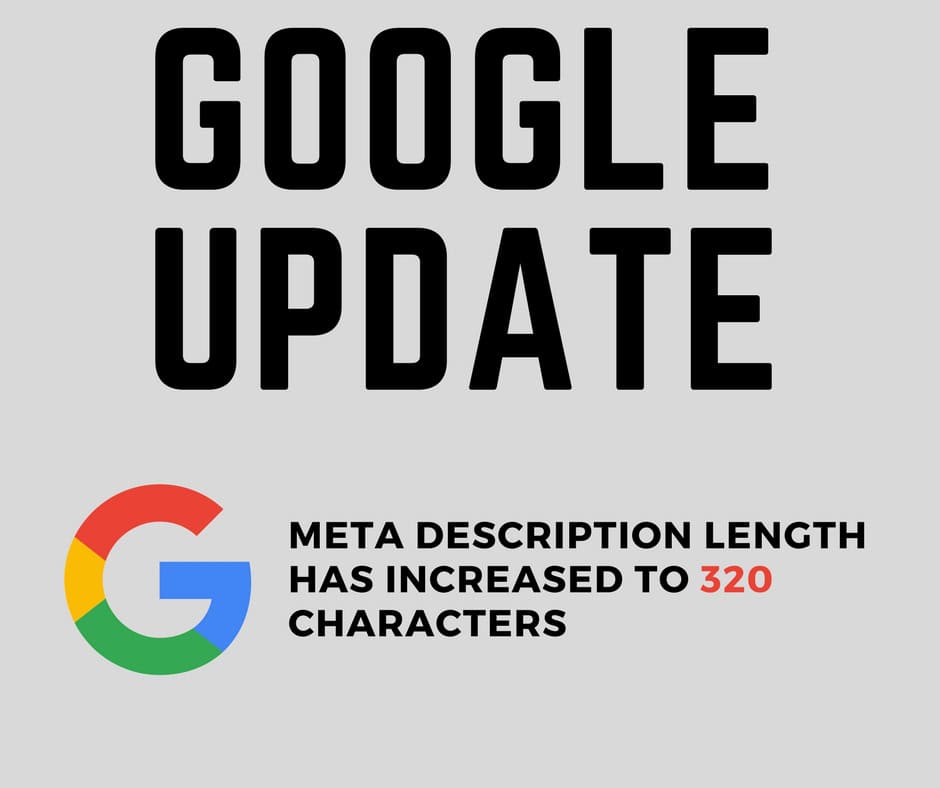Google’s recent expansion of meta description length from 160 to 320 characters is making waves in the SEO community. This change offers brands and site managers more space to convey the value of their pages in search results, potentially boosting click-through rates with more descriptive and appealing text. Although Google doesn’t use meta descriptions as a direct ranking factor, this update underscores their role in search visibility and user engagement.
For those unfamiliar, a meta description is a snippet of text in a page’s HTML code, usually summarizing the page’s content for users and search engines alike. While Google often generates its snippets based on user search terms, meta descriptions provide a fallback when relevant. By expanding the length of these descriptions, Google is giving SEOs more flexibility to create detailed, informative previews of content, ideally encouraging more clicks.
Meta descriptions may not be part of Google’s ranking algorithm, but they are instrumental in driving clicks and shaping user experience. A well-crafted meta description tells visitors exactly what to expect on a page, impacting both engagement and overall brand perception. For businesses and site managers, this update offers a chance to re-evaluate and expand on descriptions to capture user intent more accurately.
Despite Google’s ability to create its snippets, using a custom meta description remains beneficial. Not only does it allow you to highlight essential information about the page, but it also gives you control over the language and messaging used in search results. As Google improves its algorithms to interpret user intent better, meta descriptions can serve as guides, helping Google choose the most relevant content for display.
With the character limit now at 320, SEO experts recommend focusing on quality, not just quantity. Consider these tips:
Ensure that each meta description reflects the page content accurately, emphasizing the key points or benefits users will find.
While keyword stuffing should be avoided, including primary keywords helps align the description with search queries, making it easier for Google to identify relevance.
Encourage users to click with engaging language. Phrases like “Learn more,” “Discover how,” or “Explore today” can prompt action and increase engagement.
Monitor click-through rates in Google Search Console. Experiment with different meta-descriptions to see what resonates with your audience.

Expanding meta descriptions isn’t about just adding more words—it’s about conveying more value. While this change doesn’t directly impact rankings, it can enhance the user experience and strengthen your brand’s messaging. Well-written descriptions help draw users into your content by making your listing more informative and appealing. This update allows SEOs to create richer, more compelling descriptions that connect with user intent, ultimately making a page more attractive in search results.
Google’s adjustments to meta description length also suggest an increasing focus on user experience. The additional text gives more context to searchers, helping them make informed decisions about what pages to visit. For brands, this represents a valuable opportunity to stand out on search result pages, particularly for competitive keywords or topics.
With 320 characters to work with, you have more room to differentiate your page from competitors. Think of it as an elevator pitch that answers: “Why should someone click on this link?” Clear, informative, and engaging descriptions can transform casual searchers into website visitors and, ultimately, loyal customers.
Meta descriptions are also a strategic asset when it comes to brand voice. By setting the tone, using concise yet impactful language, and incorporating persuasive calls-to-action, you can shape how users perceive your brand right from the search engine results page (SERP).
For SEO experts and digital marketers, Google’s meta description update provides an opportunity to revisit content, refine messaging, and enhance visibility. Although Google may still rewrite descriptions when necessary, well-optimized meta descriptions can influence click-through rates and boost engagement, signaling to Google that your page is relevant and valuable to users.
Moving forward, leverage this expanded character limit by crafting unique, keyword-focused, and compelling descriptions that align with user intent. This is not just a technical tweak—it’s an opportunity to showcase the best of your brand and content.


